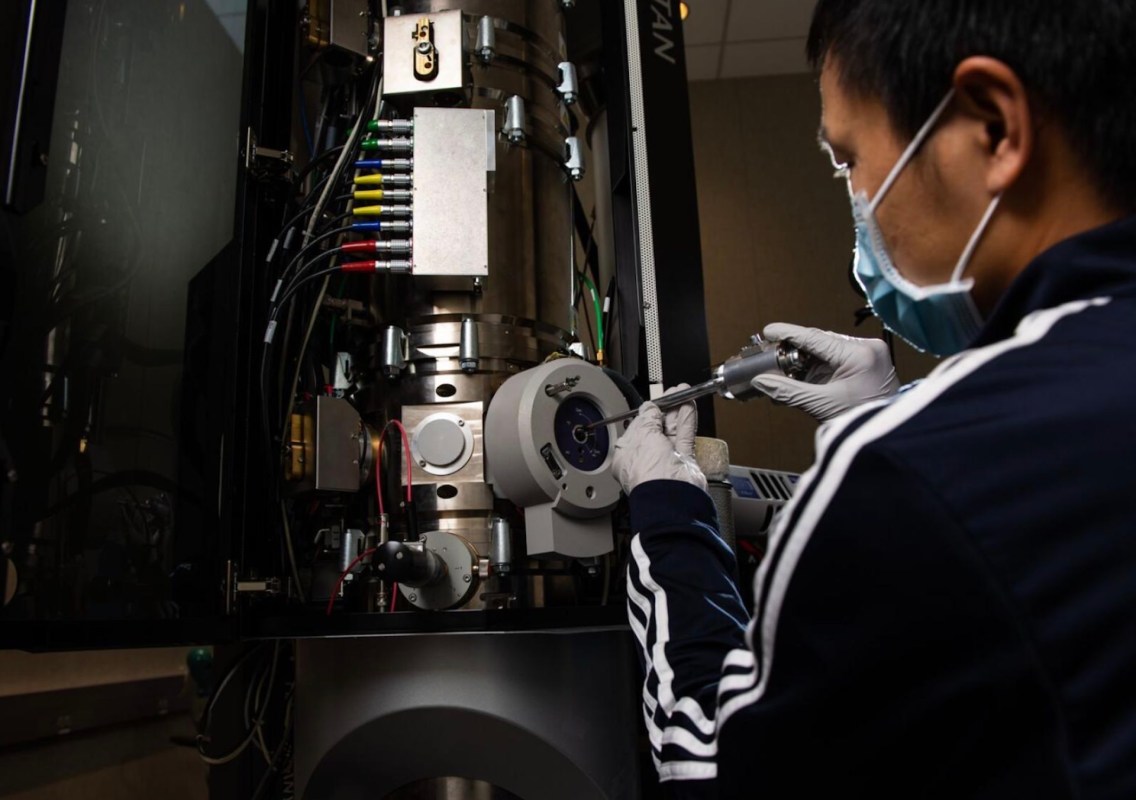People are increasingly turning to electric vehicles and moving away from heavily polluting traditional gas-powered cars. Meanwhile, scientists are hard at work figuring out ways to make EV batteries even more effective and long-lasting.
One new study led by a research team at the Department of Energy's Pacific Northwest National Laboratory may have just led to a breakthrough, reports a DOE article reproduced on CleanTechnica's website. According to the scientists behind the study, some previous misconceptions about the batteries' solid electrolyte interphase (SEI) led to a misunderstanding about how EV batteries degrade over time.
According to Royal Society of Chemistry, SEI "is a passivation layer formed on the surface of lithium-ion battery (LIB) anode materials produced by electrolyte decomposition. The quality of the SEI plays a critical role in the cyclability, rate capacity, irreversible capacity loss and safety of lithium-ion batteries."
The DOE study found that the SEI is not an electronic insulator, but rather a semiconductor.
"A higher rate of electrical conductance induces a thicker SEI with intricate solid lithium forms, ultimately leading to inferior battery performance," wrote Chongmin Wang, a battery technology expert who co-led the study.
The upshot of all of this is that, according to the scientists, minimizing organic compounds in SEI would enable batteries to have a longer life, per the CleanTechnica posting.
"Our work provides insight into the targeted design of the SEI with desired characteristics towards better battery performance," the studies' abstract concludes.
If this all seems a bit confusing and abstract, that probably just means you are not a professional battery scientist. But luckily, the scientists who make EV batteries likely do understand it all, and the end result could be EVs with longer-lasting batteries — something that we all understand and love.
"Understanding on how exactly something works is the first step to make improvements," wrote one commenter on CleanTechnica's post.
While the cost of EV maintenance is lower than maintaining a gas-powered car in some respects, the cost of replacing an EV battery can be prohibitively high — Tesla has reportedly charged up to $20,000 for a battery replacement.
In addition, mining for the lithium used in EV batteries is incredibly environmentally harmful, so the fewer new ones that need to be produced, the better.
Join our free newsletter for weekly updates on the coolest innovations improving our lives and saving our planet.









